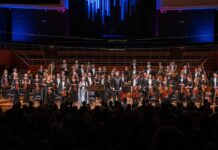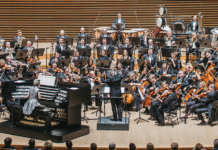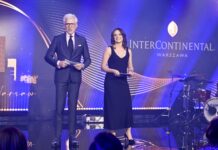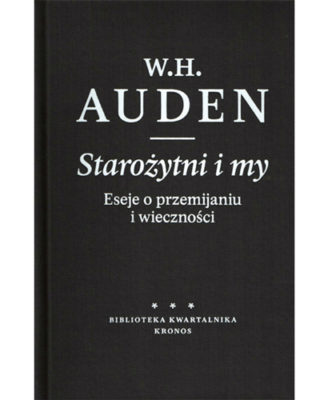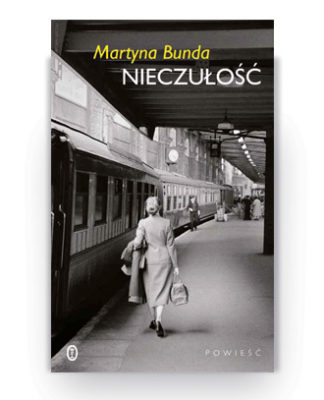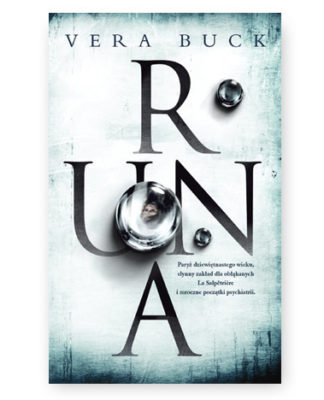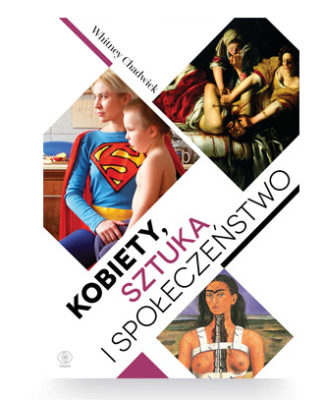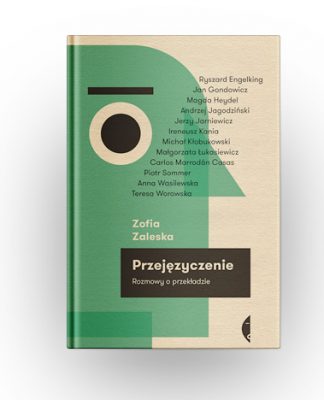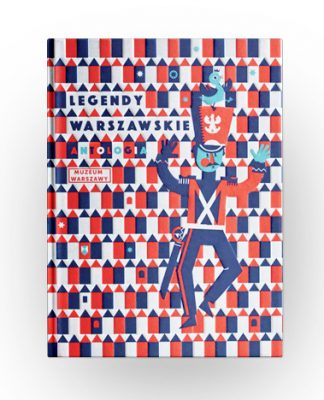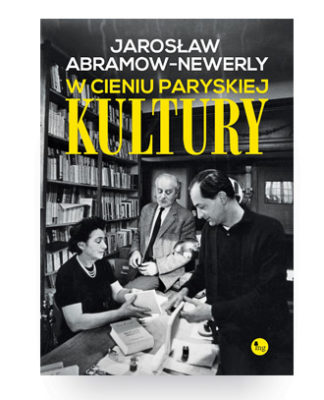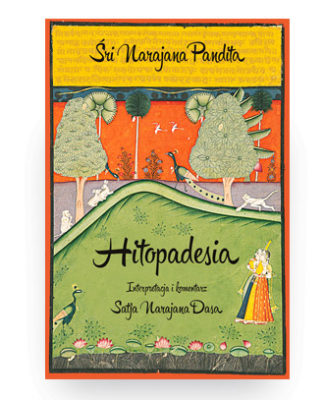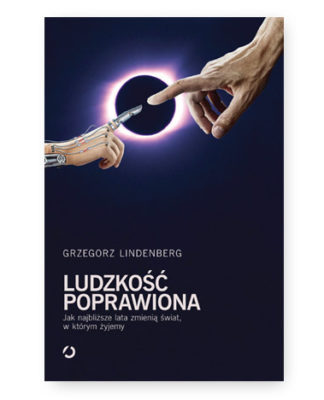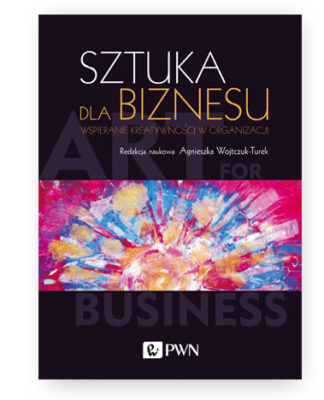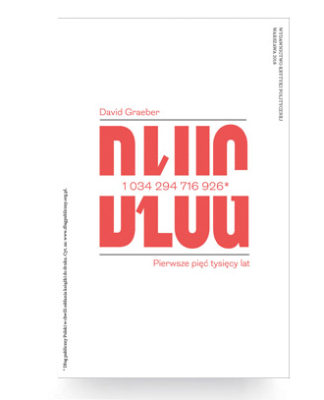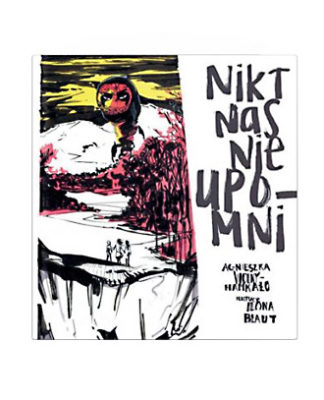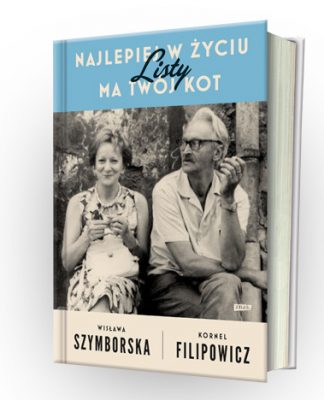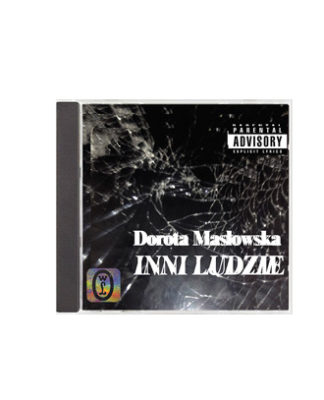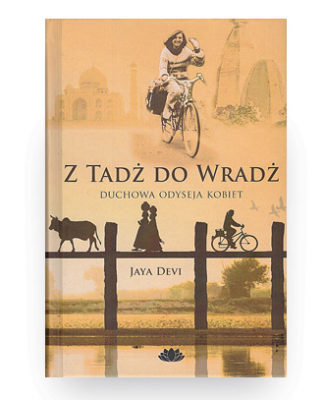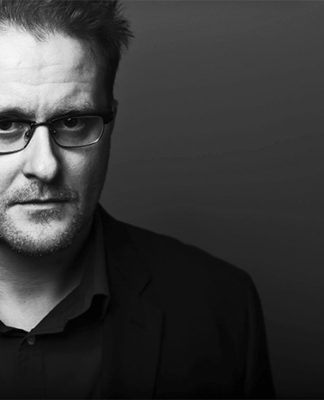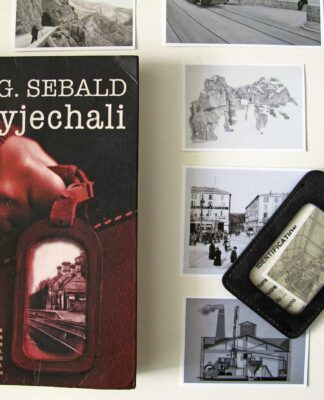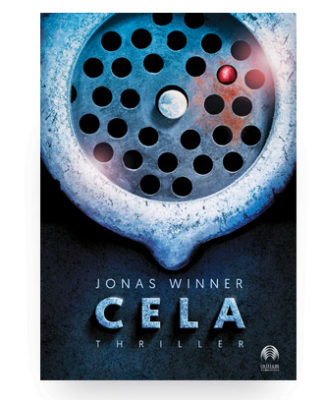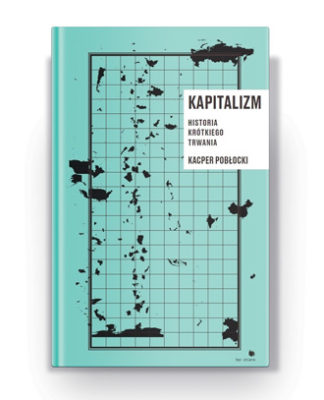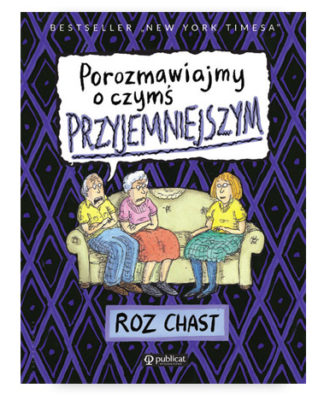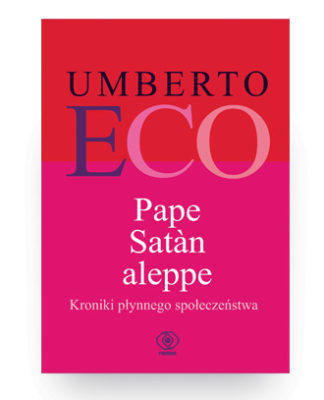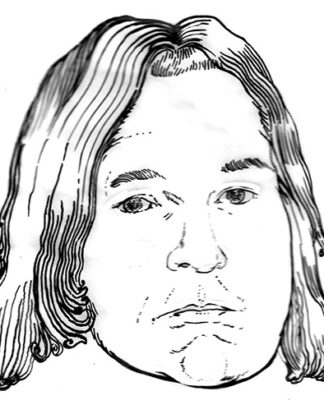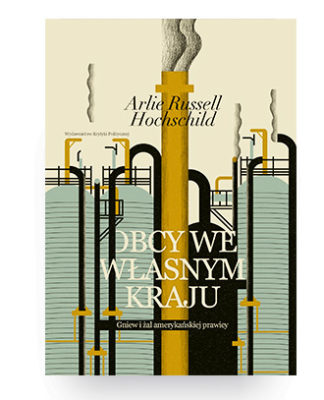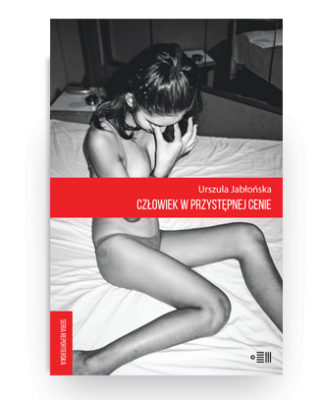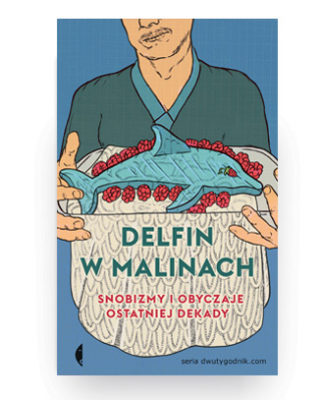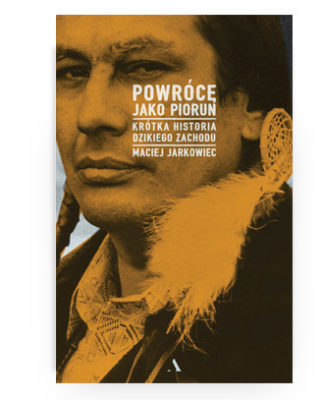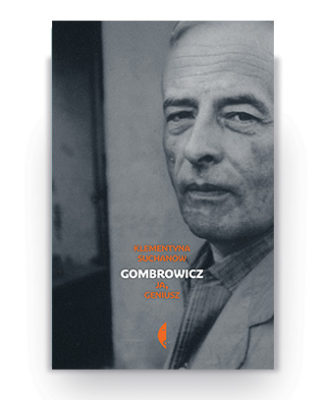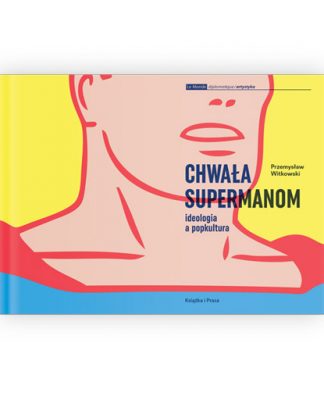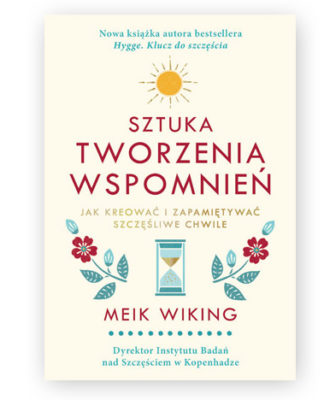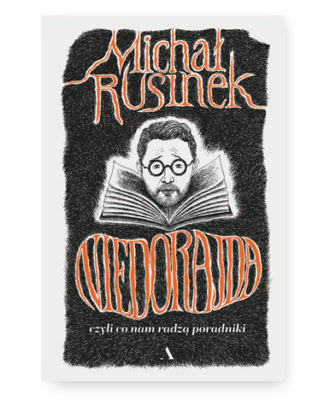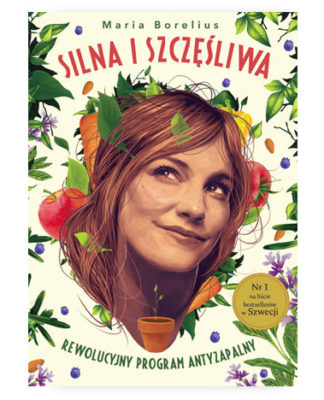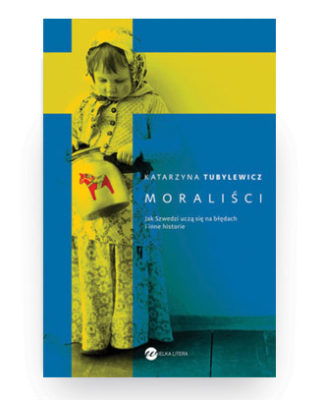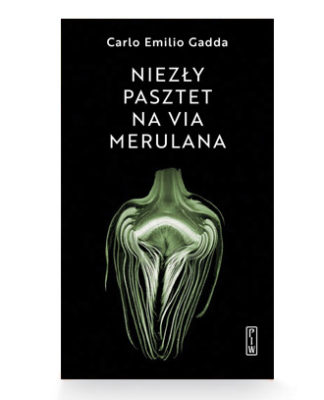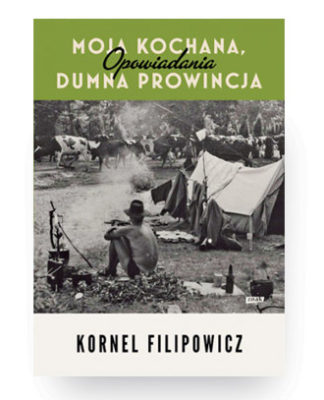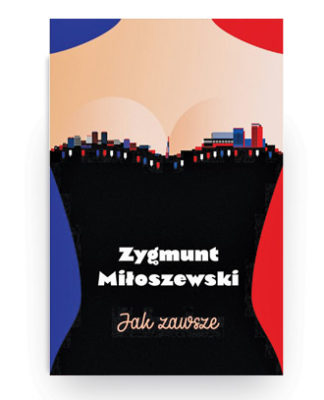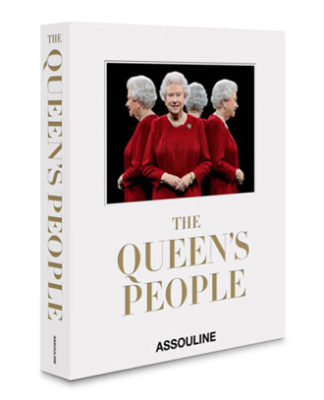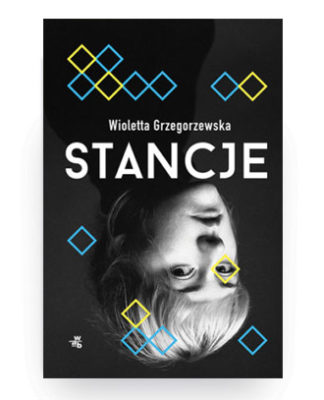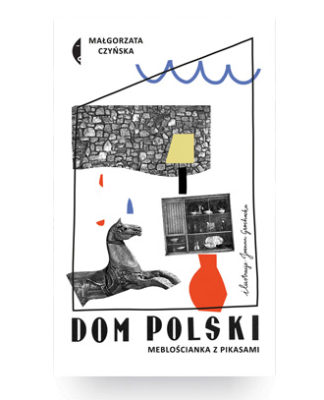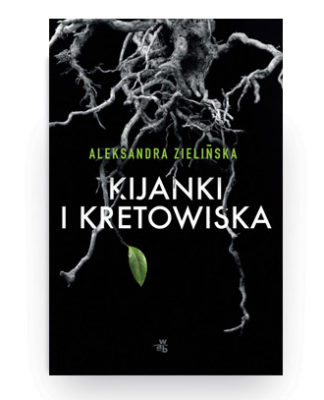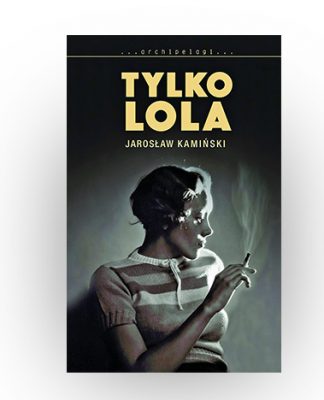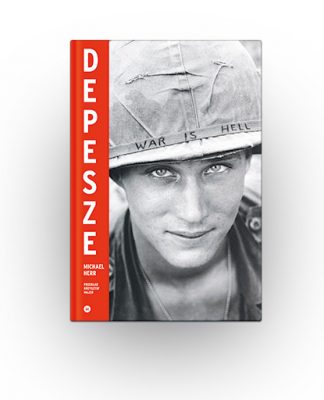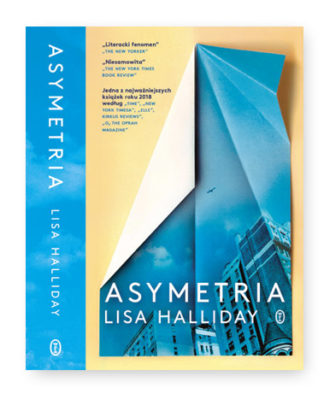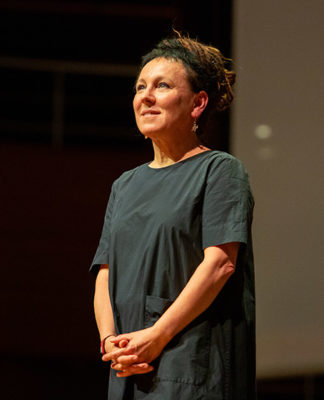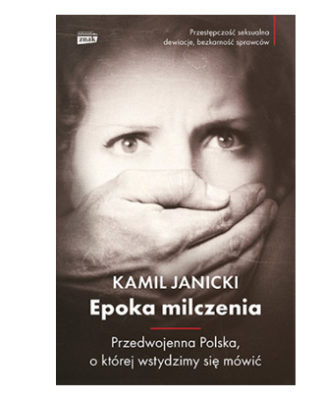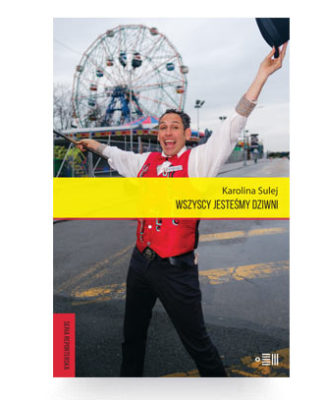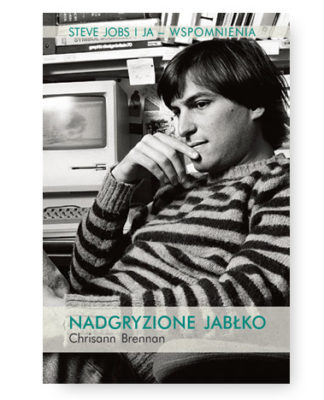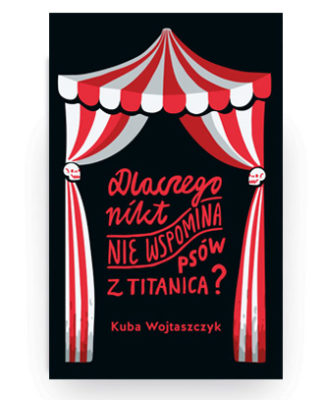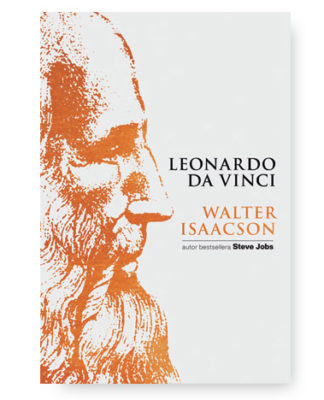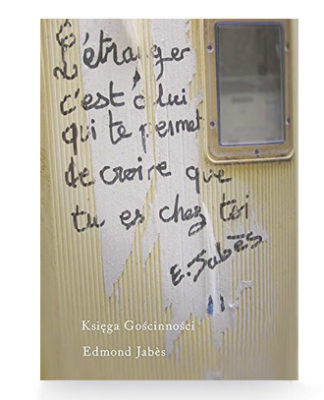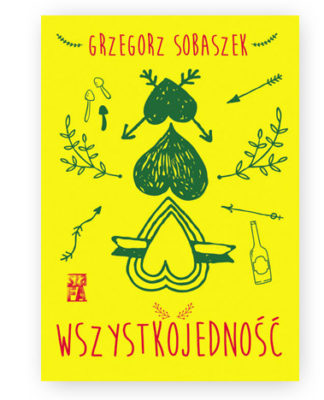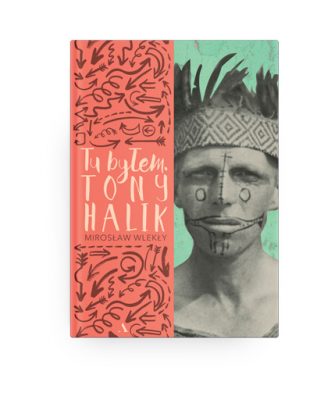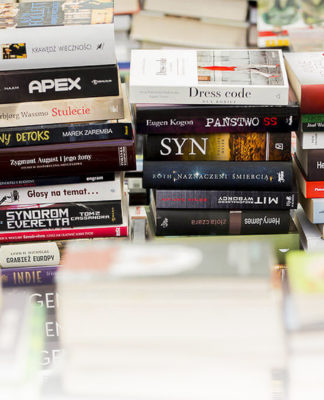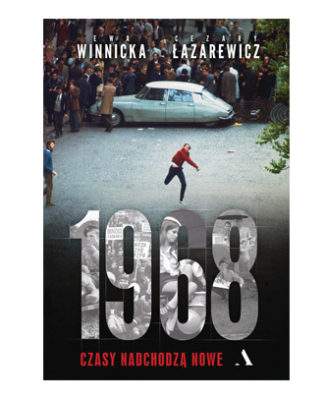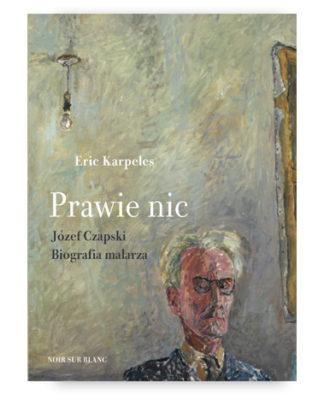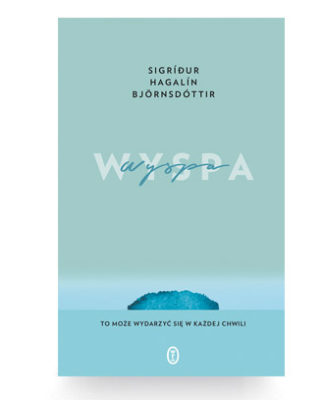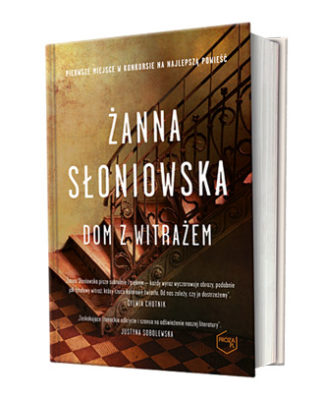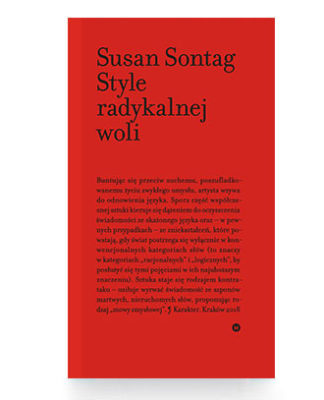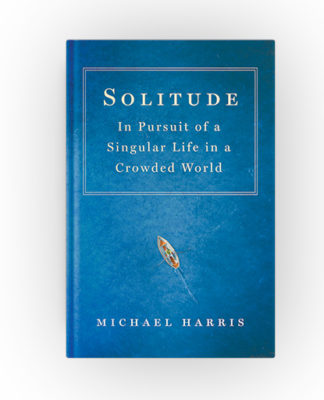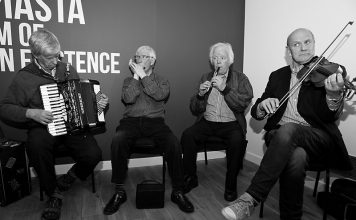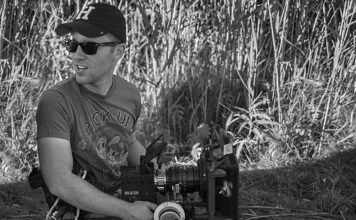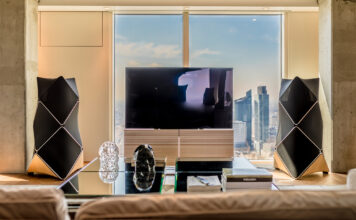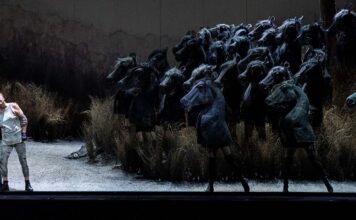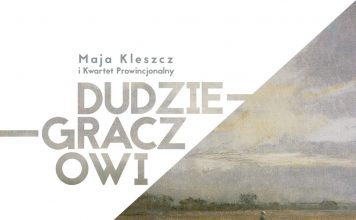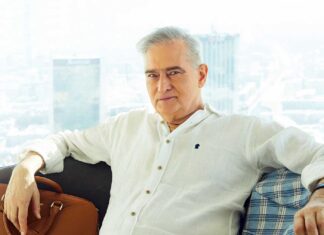Bartłomiej Nizioł is the violinist and concertmaster of the Zürich Opera. Born in Szczecin, he started learning to play at the age of five and says it came to him as naturally as walking. A graduate of the Poznań Music Academy, he is the winner of many international violin competitions, including the 1993 Jacques Thibaud Competition in Paris. Following that victory, he signed a two-year contract to tour the world and perform at over 100 concerts. He has received four Fryderyk Awards from the Polish Society of the Phonographic Industry, as well as the German Echo Klassik Award. He has lived in Switzerland since 1995.
TEXT: MARZENA MIKOSZ
PHOTOS: MARCIN STĘPIEŃ – from the archive of the Lodz Philharmony
You followed you lecturer Pierre Amoyal to Switzerland, however you’d both expected to go to Paris, hadn’t you?
There’s more to it than that. My career began at the turn of the eighties and nineties. Luckily, not everyone remembers how difficult it was to leave Poland in those days. In order to take part in foreign competitions, I had to apply for a visa and official passport through the former PAGART Artistic Agency, and seek state funding for flights and stays. So, when I was looking to start work, I wanted to go somewhere that might offer me the opportunity to play an instrument of better quality. I was hoping that I could make contact with a private collector or foundation abroad to help me. That was the main reason for the trip.
So not your teacher?
No, I had a lot of offers at the time. I had already played regularly in Germany. There were thoughts of New York and Paris, where Amoyal was teaching. Of course, I wanted to continue my training with him, but his plans changed and he began lecturing in Switzerland. And so I came to Lausanne.
And when did you get your dream instrument?
Coming here, fresh off the train, quickly put paid to any notion that I might immediately find a patron, who would take an instrument out of his closet and say, „Here’s a Stradivarius.” It turned out that in order to have a world-class instrument at my disposal, I had find a job with an orchestra first.
Your biography says „concertmaster of the Tonhalle orchestra” in Zürich.
Yes, that was in 1996. I successfully auditioned to become the second concertmaster of that orchestra. However, I only got my hands on my dream instrument after a few years’ work. It was the 1719 ‘Wieniawski’ Stradivarius.
And then, after a few years playing with the Tonhalle orchestra, it was time to compete for the position of first concertmaster.
That’s right. There were open calls at the Zürich Opera and in Stuttgart. I won both, but my family and I decided to stay in Switzerland.
How does such an audition process proceed?
– First of all, every position in an orchestra is advertised and the first step sees candidates send through their dossier. The better the orchestra, the greater the interest. Then the selected candidates present themselves before a commission comprising members of the orchestra. You play increasingly difficult pieces in each round, until you finally perform pieces in the orchestra’s repertoire. The winner then plays with the orchestra and the trial period at both the Tonhalle and the Opera lasts nine months. Only after that can you become a bona fide member of the orchestra.

New workplace, new instrument?
When I got to the Opera, I went to the then director Alexander Pereira and explained that I had played on a wonderful instrument at the Tonhalle. I asked him if he could somehow help me. He didn’t promise anything, but he put the word out through his network. In his circle, the purchase of a unique violin wasn’t a problem. He met the friend of a collector at the horse races and told him about me and what I need. Shortly after our conversation, he summoned me to his office, saying that he had an instrument for me. I had no idea he was about to present me with a multi-million dollar instrument saying, „This is your violin.” It was the Guarneri del Gesù from 1727.
It’s a bit like saying „Here are the keys to a Bugatti. Enjoy the ride.”
Precisely. I thought I’d have a heart attack. The best part is that it is the violin that best suits my style of playing.
The Zürich Opera Orchestra is one of the best ensembles in both Switzerland and the world. You come not only from a different country, but also from a different school of music. What’s it like to play in such an international environment?
In my opinion, the relationships in the orchestra are excellent. The musicians have been hand-picked through many rounds of a long and difficult recruitment process, after which they have to complete a nine-month trial period. Playing in a group of great musicians is a pleasure. I would compare it to playing in a small team, in which everyone must act and react to everyone else. I have the impression that each of my colleagues brings something special to the table and sees the benefit of such a joint effort. The conductor, soloists and accompanists all play their part in the resulting performance.
Fabio Luisi is the Chief Conductor of the opera, but the program is arranged so that every now and then someone else takes over the baton.
It often happens that during a given season we’ll perform the same piece under different conductors. From my point of view, working in an opera orchestra is therefore even more interesting. There is no time for boredom. Every day something changes: in the morning we rehearse one opera; in the evening we perform another. There are weeks during which I’ll play five different pieces, operas or symphonies. Although we may be familiar with a particular piece, each conductor has a different approach and wants to put their stamp on it, while taking into account the individuality of the soloists on stage. A recognized conductor’s time is limited by other obligations. Therefore, on occasion, we actually perform together for the first time in front of an audience.
Can you tell us how the expectations have varied among the conductors you’ve worked with?
The orchestra definitely appreciates playing with conductors who have a temperament. Just like our boss Fabio Luisi, who approaches a performance with incredible energy, as well as a great deal of elegance. It is never excessive in any way. Daniele Gatti, on the other hand, would approach a piece with not only great momentum, but also a lot of passion, vibrato and volume. He rarely asked us to turn it down. He wanted a big, deep, full sound. I remember, for example, that performing Wagner’s five-and-a-half-hour opera The Mastersingers of Nuremberg was a physical challenge. It was almost like playing a solo throughout the entire performance. At the other end of the spectrum you have the late, long-time artistic director of our opera, Nello Santi. During a performance, Santi was the star. He led the orchestra as if he wanted to conduct each musician and each note individually. You had to play exactly as he required. He’d often give notes to musicians in his room during the interval.
During the interval?
Yes, or immediately after the show, so that the next performance would be exactly as he wanted. He had amazing energy. When he climbed up onto the conductor’s podium, a beast awakened within him. It was an amazing experience. Some of the other conductors I’ve worked with include Dohnányi, Gardiner, Armiliato, Currentzis, Noseda, and Welser-Möst. The one thing they all have in common is the incredible expressiveness they convey to each and every musician individually. And therein also lies my role as concertmaster, because I have to act as a primary conduit between the conductor and the orchestra.

You’re also behind the success of many young musicians currently playing in the orchestra.
There’s not that many, but I’m very happy about the few who are there – my apprentices, students and violinists, who’ve graduated from the Zürich Opera Studio or the Music Academy in Bern, and play in orchestras in Zürich, Bern, Basel, Stuttgart and Leipzig. For me, as a teacher, the greatest validation of my work is when my graduates not only get on stage, but stay there.
You have a very broad repertoire, from baroque to contemporary music. Not only are a soloist, as well as a member of an orchestra and chamber ensembles, but you also devote a lot of time to Polish music. Do you feel like an ambassador in that sense?
Yes, absolutely. I have always tried to promote our composers, either by including their pieces in recitals, or through recordings. I recorded almost the entire repertoire of Henryk Wieniawski, as well as Karol Lipiński, Grażyna Bacewicz, Stojowski … it may sound clichéd, but this music is close to my heart and I guess I know how to play so that it’s well received.
My students at the Hochschule der Künste in Bern often ask me to introduce the Polish repertoire to them, after they’ve heard one of my performances on the internet. I am very happy if, for example, a student from Columbia wants to play a Wieniawski polonaise.
Polish music also lies at the heart of your latest sonaty.pl project to record and popularize all the sonatas written by Polish composers.
Yes, it’s a project of the Cracow-based agency Kamena. We’re going through the archives and we often find fragments of works, which we then reconstruct and record. The project is coordinated by Agnieszka Skotniczna and we record the results of her work with Michał Francuz in the Hall of the Music Academy in Katowice. Beata Jankowska-Burzyńska, who works with the NOSPR orchestra on a daily basis, is responsible for the recording. The conditions under which this work is being conducted are exceptional.
I can see well-known names like Bacewicz, Paderewski, Szymanowski, but you didn’t start with them.
That’s right. We started with Witold Friemann, a composer associated with the Greater Poland Province. His two violin sonatas were the first pieces we prepared almost from scratch, i.e. from the original manuscripts. Then we moved onto Paderewski, Stojowski, Żeleński, and other composers who were their friends or linked to them in some way. We want to not only reconstruct and record, but also play these pieces in concert. The concept of a program that comprises the works of these three composers makes the most sense.
Also noteworthy is the single-movement sonata by Feliks Konopask from the 19th century. He is a virtually unknown composer, however he wrote the first orchestration for the Polish National Anthem.

You are making your recordings available to the public. Can anyone listen to them at www.sonaty.pl for free?
Yes, it is a project financed through the state budget and is considered non-commercial.
I’ve heard you previously refer to your musical family.
Yes, everyone is associated with music. My wife, Gosia, plays the piano. Kuba, our older son, plays the drums and is interested in more electronic music. He is also a sound engineer at the opera. Our younger son, Dominik, creates his own music, which could be described as rap. Each of us is open to new ideas and styles. My work is not limited to classical music. Personally, I also like to listen to the music of my youth – the 1980s, 1990s, jazz, funk …
Apparently you like to attend concerts of your favourite artists with your sons. Is that true?
Yes, whenever possible we’ve enjoyed going together to see artists like the late Al Jarreau, George Benson or Pat Metheny.
Is it true that you had to set up a Sound Cloud account to find out what your younger son is doing?
Yes, both sons are rather modest and we aren’t kept in the loop, so we have to find out what they’re doing by other means. Usually, Gosia is the one who investigates and finds out about their achievements on social media.
What concerts and recordings do you have planned in the near future?
Unfortunately, due to the pandemic, performances and concerts at the Zürich Opera have been suspended and we still don’t know what the next season will look like. However, I am in the process of preparing and recording works by Feliks Janiewicz. This came about as a by-product of the sonaty.pl project. Janiewicz was a composer at the turn of the 18th and 19th centuries. He was born in Poland and at the age of 20 he went on a concert tour of Europe. He stopped in France before fleeing from the French Revolution to London and then onto Scotland. His archives can be found at the Edinburgh library, including five violin concertos. They were written in a similar style to Mozart’s concertos. The two gentlemen actually knew each other and were friends. Apparently Mozart even dedicated a movement from a concerto to Janiewicz. We want to record his divertimento for two violins and cello, duets for two violins, and the previously mentioned violin concertos. A family project with Kuba is also planned, but I can’t reveal the details yet. |








